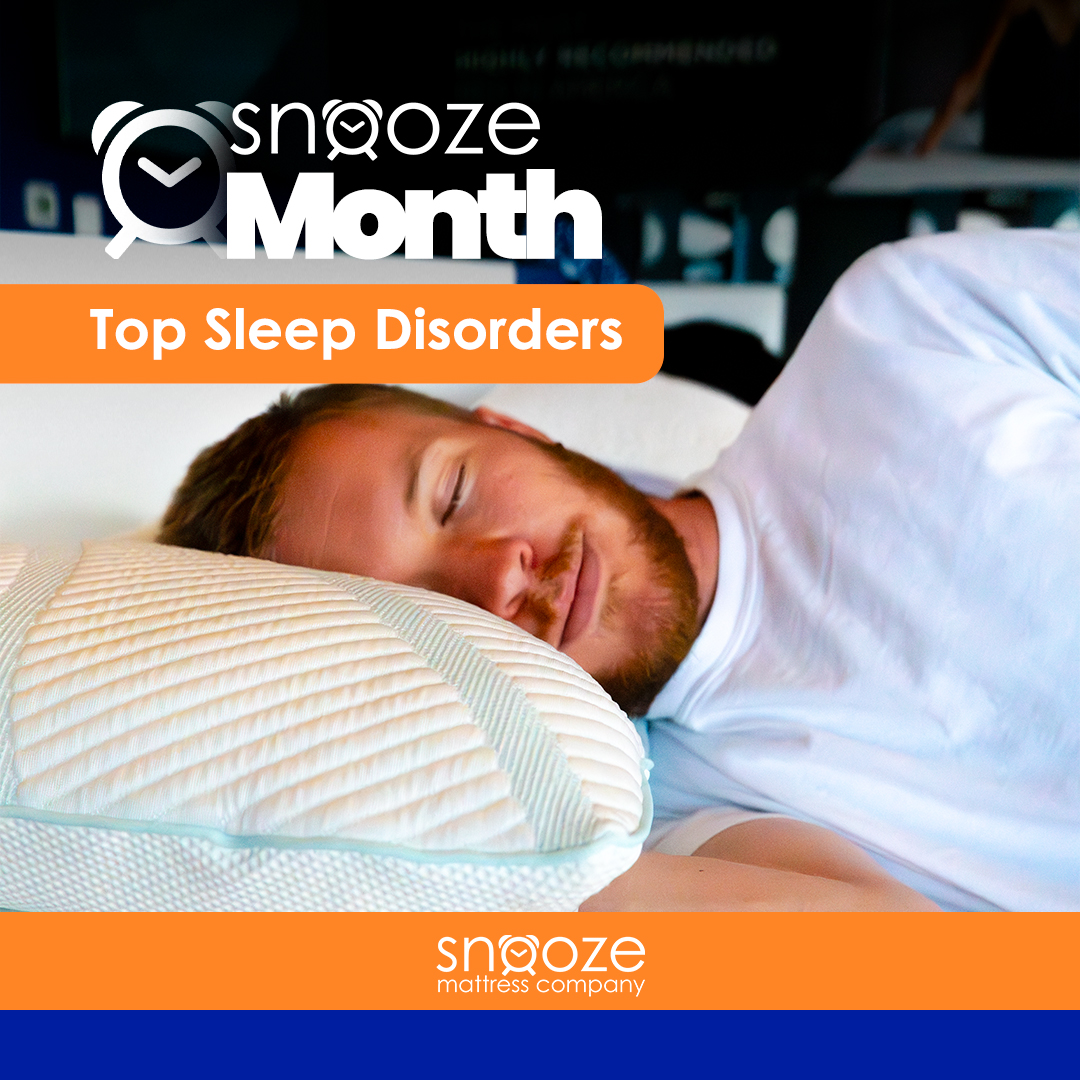A Comprehensive Exploration of Common Sleep Disorders

Sleep is a vital component of overall well-being, impacting physical health, mental acuity, and emotional balance. However, for many individuals, the pursuit of a restful night's sleep is hindered by various sleep disorders. We delve into some of the top sleep disorders, shedding light on their characteristics, potential causes, and the importance of seeking professional guidance for effective management.
1. Insomnia:
Insomnia ranks among the most prevalent sleep disorders, characterized by difficulty falling asleep, staying asleep, or experiencing non-refreshing sleep. Stress, anxiety, and lifestyle factors can contribute to insomnia. Cognitive-behavioral therapy, sleep hygiene improvements, and, in some cases, medication, can be part of the treatment plan.
2. Sleep Apnea:
Sleep apnea is a serious condition marked by repeated pauses in breathing during sleep. This disorder can lead to fragmented sleep, loud snoring, and daytime fatigue. Continuous positive airway pressure (CPAP) therapy is a common treatment, helping maintain open airways during sleep.
3. Narcolepsy:
Narcolepsy is a neurological disorder characterized by sudden and uncontrollable bouts of sleepiness during the day. Individuals with narcolepsy may also experience cataplexy (loss of muscle control) and vivid hallucinations. Medications, lifestyle adjustments, and scheduled naps are often part of the management plan.
4. Restless Legs Syndrome (RLS):
Restless Legs Syndrome is a sensorimotor disorder where individuals experience an irresistible urge to move their legs, often accompanied by uncomfortable sensations. Symptoms typically worsen at night, leading to disrupted sleep. Lifestyle changes, medications, and iron supplementation are common approaches to managing RLS.
5. Parasomnias:
Parasomnias encompass various abnormal behaviors during sleep, such as sleepwalking, night terrors, and sleep talking. These behaviors can disrupt sleep and may pose safety concerns. Treatment may involve addressing underlying causes or using behavioral interventions.
6. Circadian Rhythm Sleep-Wake Disorders:
Circadian rhythm disorders involve disruptions to the body's natural sleep-wake cycle. Conditions like shift work sleep disorder and delayed sleep phase syndrome are examples. Light therapy, sleep hygiene adjustments, and melatonin supplementation are potential interventions.
Recognizing and addressing sleep disorders is crucial for maintaining overall health and well-being. If you suspect you may have a sleep disorder, seeking professional guidance from a healthcare provider or a sleep specialist is essential. A thorough evaluation can lead to an accurate diagnosis and the development of an effective treatment plan, helping you reclaim the restful nights you deserve. Remember, quality sleep is not just a luxury; it's a cornerstone of a healthy and fulfilling life.

 Find your store
Find your store